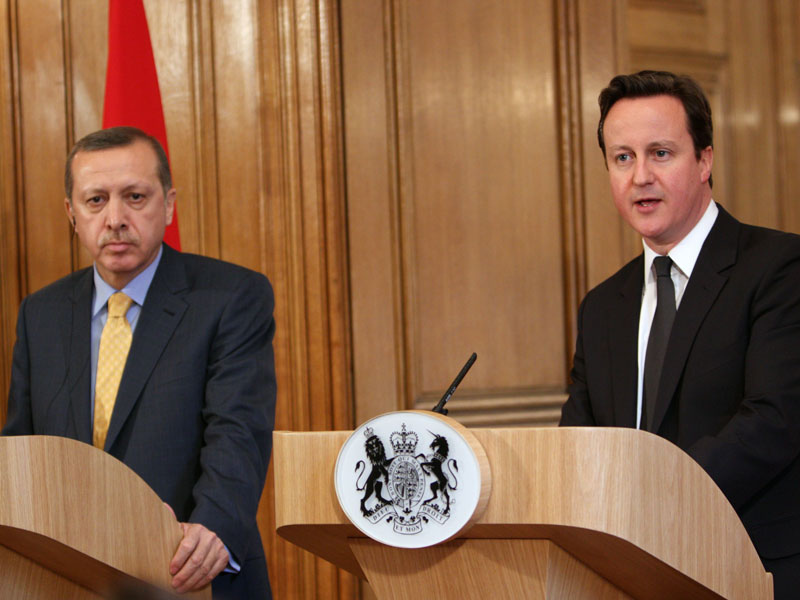By Bridget Coggins, Tanisha Fazal, and Ryan Griffiths

Earlier this week, Sudan and South Sudan announced an agreement on oil pipeline fees that will allow the transport of oil from the South to the north and, from there, to external markets. Given the importance of oil to the economies of both countries, one might expect that this issue would have been resolved prior to South Sudan’s independence last year. In reality, however, South Sudan is not as sovereign as its external legitimacy implies. The Kiir government has been unable to demobilize its own southern fighters to achieve decisive internal control, its northern border is violently contested, the government provides few public goods, and the country’s underdeveloped economy is perilously dependent upon oil.
Unfortunately, its situation is not unique. The international community regularly offers aspiring states sovereign recognition based on overly optimistic hopes that domestic control and legitimate authority – commensurate with the credit extended to them – will follow. Instead, many new states’ governance deficiencies persist long after independence. As the ranks of these highly leveraged countries swell, so does the global sovereignty bubble.
Like home ownership, sovereignty brings clear benefits: political independence, access to international aid and development loans, increased foreign investment, a seat at the United Nations, and legal parity with great powers like the United States and China. Given sovereignty’s increasing value, it is no surprise that independence demands are on the rise. There are roughly 60 ongoing secessionist movements worldwide and new aspirants regularly emerge, like the recently declared Republic of Azawad in northern Mali and the resurgent South Yemen Movement.
The problem is that the criteria for granting recognition today rest more on politics and principles than on whether a new state can actually govern, as Boaz Atzili, Bridget Coggins, and Mikulas Fabry have argued, respectively. Since 1945, dozens of states without much practical sovereignty have been welcomed into the international community. Their enfranchisement is often born of good intentions. As with the expansion of the ‘American dream’ of home ownership, the belief in self-determination generated high expectations about the future domestic governance of newly liberated states. In fact, to curtail the self-serving maintenance of imperialism, the United Nations forbade denying colonies independence on the basis of incapacity to govern.
Since then, various other young states with dubious claims to governance have been embraced by the international community, often due to humanitarianism or in the wake of authoritarian collapse. This postwar approach to recognition stands in contrast to earlier periods when the international community generally preferred to remain on the sidelines of secessionist conflicts, honoring the sovereignty of the beleaguered state and granting recognition only to those groups that won their independence outright. Whether or not this hands-off approach was morally defensible, it did have a tendency to filter out the weak.
The most pressing danger of the bubble is that incapable governments cannot manage internal threats that pose dangers to both themselves and the outside world. Somalia’s Transitional Federal Government lacks the state capacity to provide its people with healthcare, education, or economic opportunity, or provide relief during frequent droughts and famines. Similarly, the Somali government cannot prevent the Al Shabaab insurgency from making good on its commitment to international terrorism and Al Qaeda, nor can it eliminate maritime piracy; consequences of failure to control its own territory.
It seems the market needs regulation; the sovereignty bubble needs to be deflated by slowing the pace of recognition and by putting some existing states on notice of the danger of foreclosure. The United Nations should consider adopting a more coherent approach that can both grant limited benefits prior to membership and offer greater governance assistance afterward. This strategy could improve a new state’s “credit rating” while simultaneously expanding the time horizon for its entrance into the international community.
Revising current standards for recognition ought to be a controversial proposition. Many secessionist groups have fought long and hard against horrifyingly oppressive regimes. These groups have a right to be heard, and they may even have a right to a state, especially if statehood is their only surety against extinction. Moreover, the states that would make these revisions could be accused of neo-colonialism, undermining their reputations and ability to do good in the world. But admitting entities that cannot govern themselves into the club of international states serves no one well (with the possible exception of corrupt leaders diverting public funds into private bank accounts). New and weak states may be even more vulnerable to their erstwhile foes, their citizens’ expectations of good governance may be quickly dashed – leading to new civil conflict – and the international community may be forced to decide between doubling down on its investment or sitting on the sidelines of a conflict for which it bears some direct responsibility.
It is a tall order for the international community to stay committed to a transition until effective sovereignty is achieved. But perhaps the Sudan would be less violent today had the minimal standards of sovereignty been met prior to its grant of membership in international society. If South Sudan defaults, the international community will be partly to blame.








2 comments
The problem comes when a substantial portion of a population doesn’t agree that they’re not yet ready for independence. That’s where independence movements come from in the first place. Does the international community then respond with occupation armies? Does NATO in Afghanistan become the model for the road to good governance?